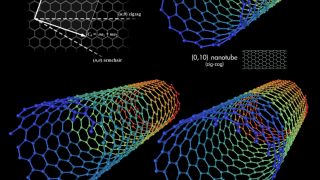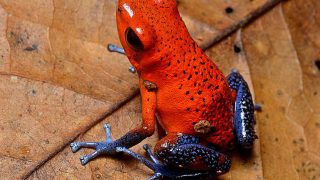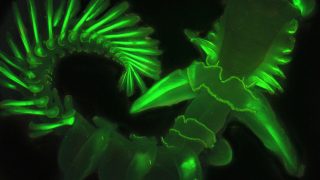
MI weekly selection #53
Humanities & Social Sciences • Science • Technology • Weekly Selection
Crocodiles, alligators use lures to attract prey Alligators and crocodiles use lures to entice prey, the first reported use of tools by reptiles. Researchers surveyed alligators and crocodiles at four sites in Louisiana for a year, noting that the creatures balancing twigs and sticks on their snouts to lure birds during nesting seasons. “Use of […]








